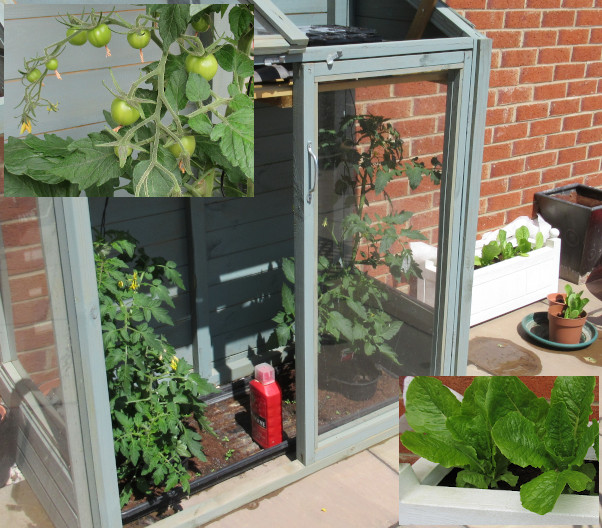The COVID-19 pandemic lockdown has made us focus on health, being more aware of our dietary habits, of connecting with our food, and preferring utilising healthy foods to protect our general well-being and for boosting our immune system. Many of us have changed the way we shop, resulting in businesses forming contacts previously not necessary, farmers have been delivering fresh grocery products, with consumers being willing to pay for a higher quality end-product, prioritising health and satisfaction. Technology has had a great impact during the COVID-19 pandemic and contributed to the food revolution we are experiencing, with greater internet purchases of produce, as well as less reliance on cash. In this post we advocate the consumption of more local natural foods, leading to protection of our planet/environment, and better health for us.
Local purchasing or growing
By purchasing more local foods we support our own community, whether it be British farmers, or local businesses. Local foods comes with a lower impact on the planet in its cultivation, generally being fresher, have required less preserving to get to us, and consequently taste better.
Should we want to grow our own, either by finding an allotment, or using what space we have in our garden (if we have one), the UK growing season for fruit / veg is typically spring and summer, with crops being ready in different months depending on what you’re growing. Clearly people should not set out with the idea of being able to grow all of their own food for the year. Being realistic, starting small with a few things and getting children involved.
In terms of growing your own foods, whilst many people do not have a lot of space to set aside for it, it is possible to grow a few things with a simple garden. Tomatoes can be grown in a greenhouse (either full size, or mini), or even outside!; it’s necessary to avoid frosts if growing outside (so from early June), but plants give fruit late June through to August. The same applies to cucumbers. Lettuce can be grown outside from seeds obtainable in many shops. Potatoes are planted maybe February (early crop) or April (main crop) for digging up in June (early crop) and August (main crop). Maybe try beetroot, which can then be cooked and preserved for use throughout the rest of the year. You can grow things like beans, peas or carrots in pots if you don’t have masses of space. Potatoes, beetroot, lettuce, peas, beans, raddish etc take very little effort to grow, they simply need water.

Fruit trees give their fruit usually August – October. They can grow quite big so can be prohibitive for most people in terms of space needed, but there are “patio” varieties of trees that many homes could have one or two of. If you prefer berries, strawberries grow great in the UK climate, as do raspberries or blackberries. Water (and sunshine!) is the sole essential ingredient once you have the plants.

Health benefits
This pandemic has made us aware of our health and the food choices we make on our daily basis. It has given us time to plan our weekly meals, and be conscious of avoiding food waste, supporting our local shops and protecting our environment by reducing unnecessary journeys and therefore pollution.
Among the health benefits of growing your own food are the contribution to a diverse diet of natural healthy foods that are rich in vitamins and minerals. Gardening would also help you to keep active during the sowing and reaping process, helping our environment and, if it is a sunny day, you also get free vitamin D from sunlight. These activities no doubt will continue uplifting our mental well-being.
Consequently, we should embrace our new changes and eat mindfully. These are changes that we should endeavour to make last for the rest of our lives, not just for now.
My next blog entry will compare what we are doing more now in the UK with how we do things in Peru.
Useful links:
BBC “Gardeners World” : Growing food products in confined spaces